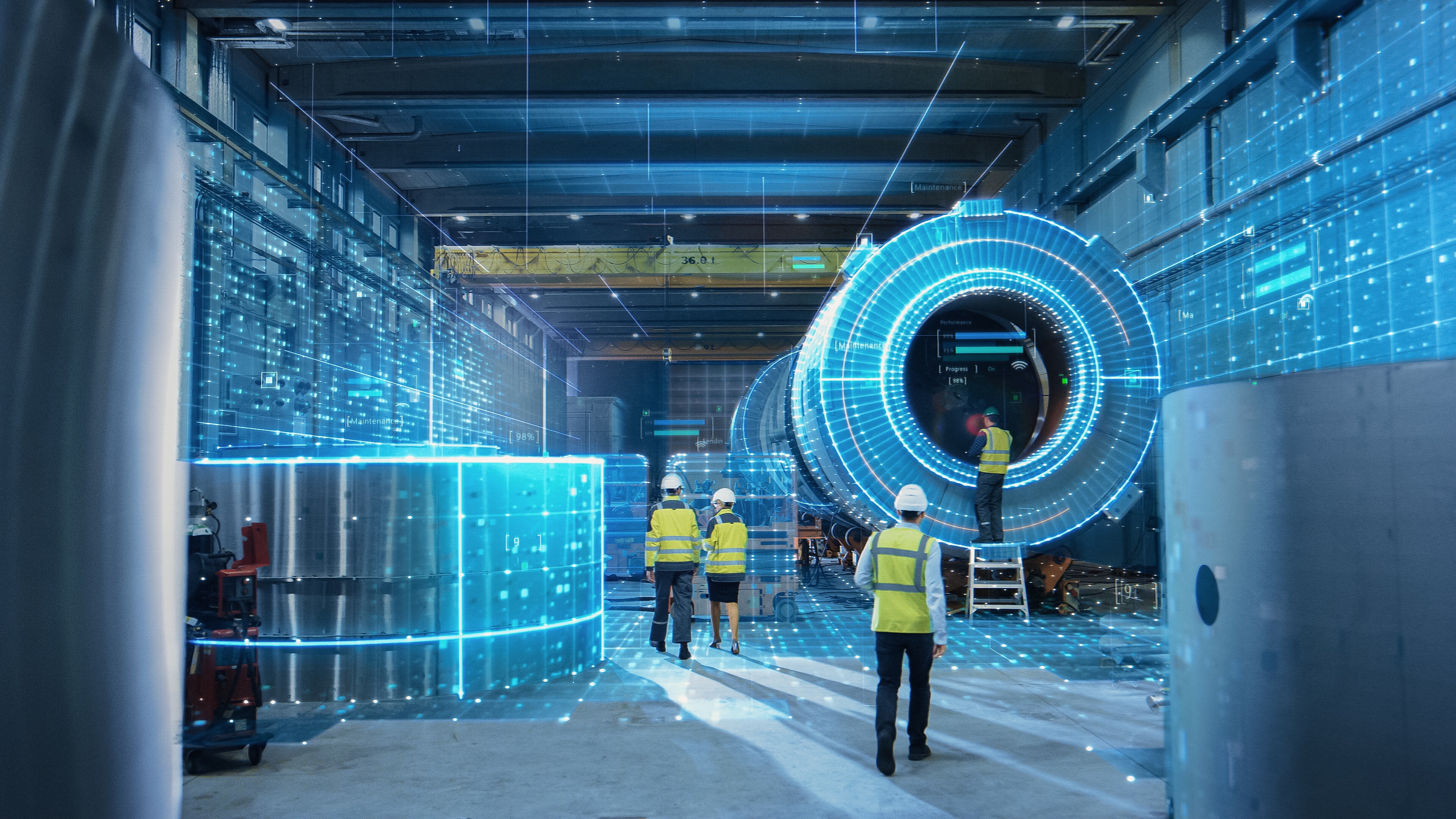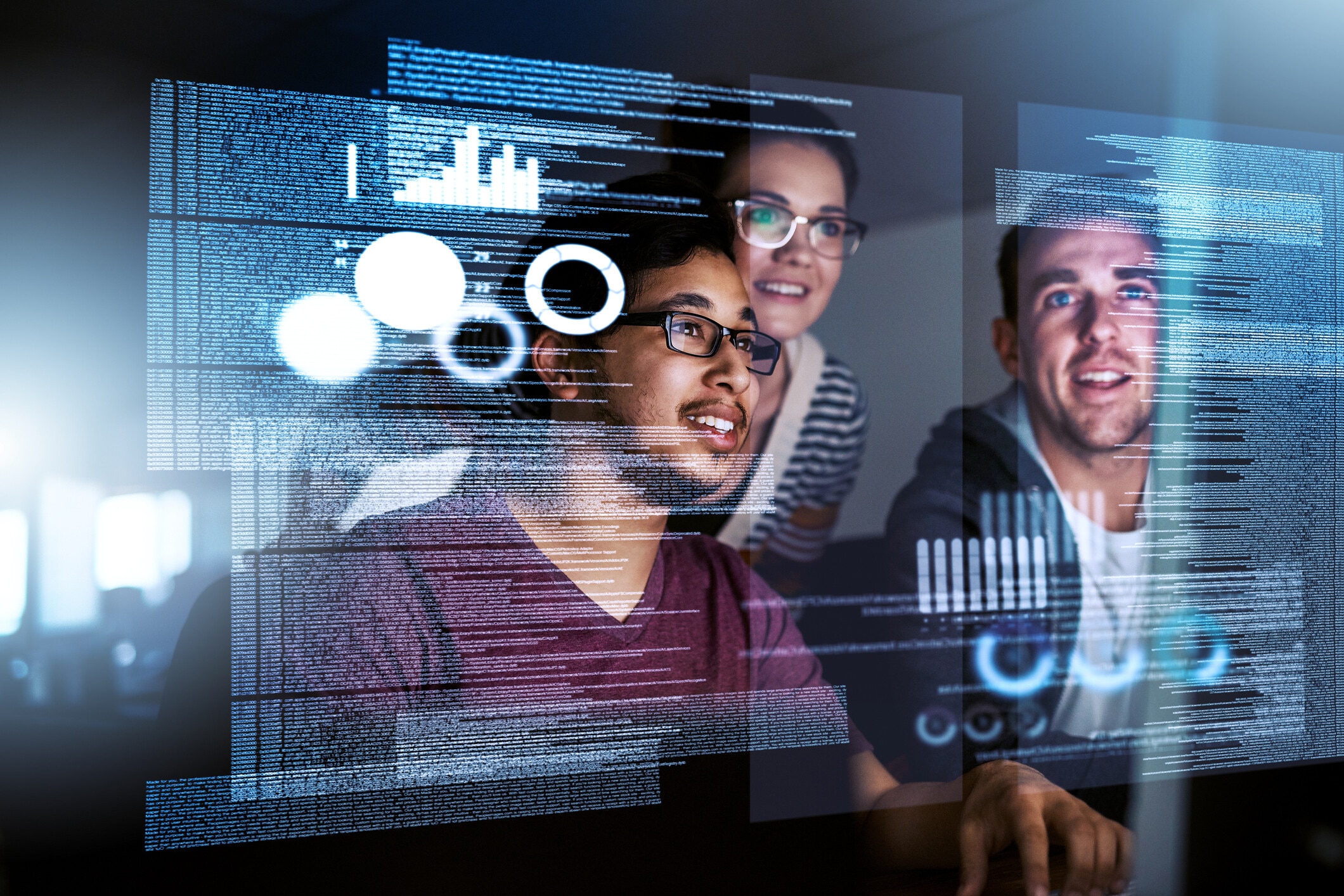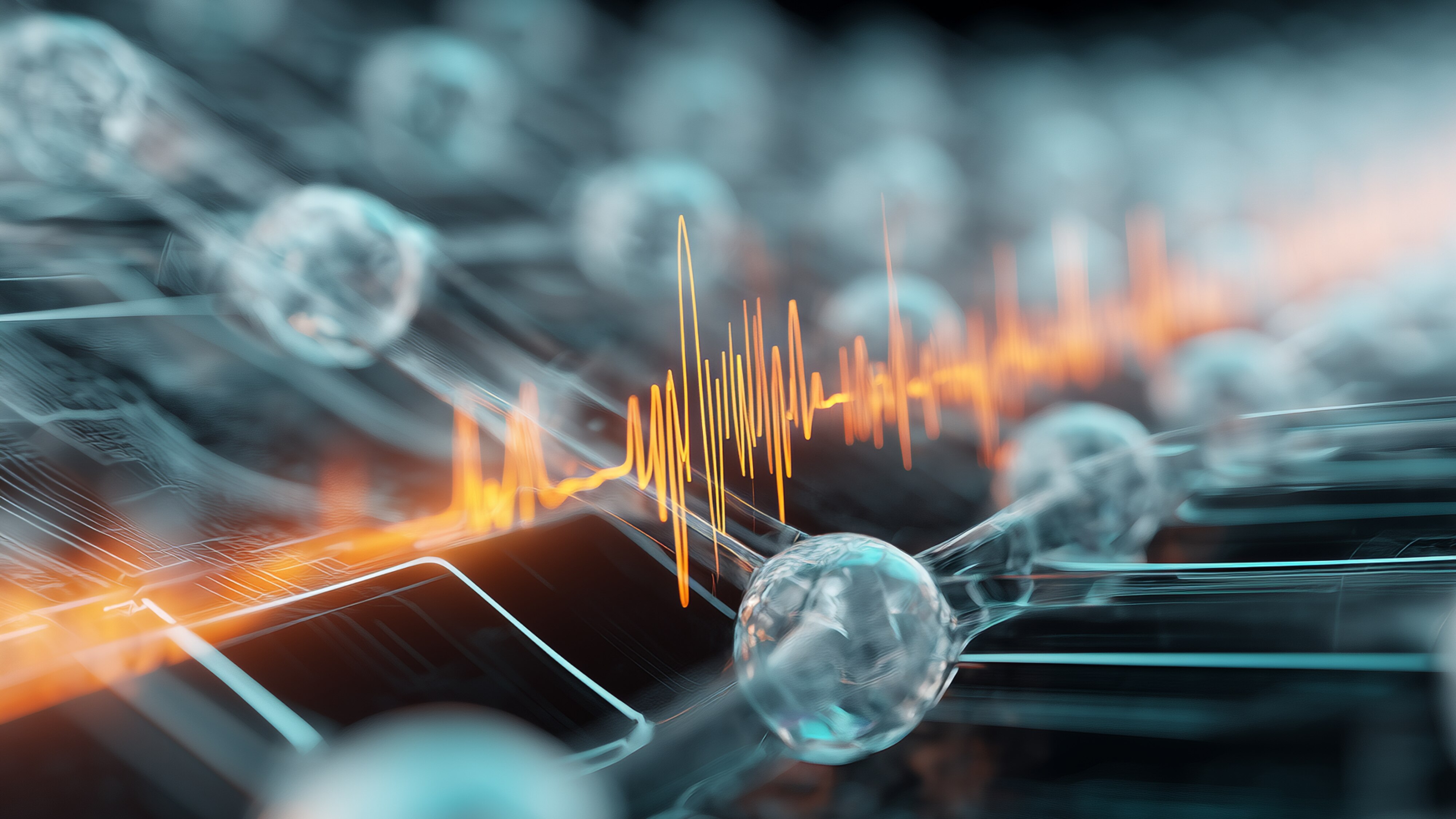How AI can help engineer an 'immune system' for industry

AI can make industry stronger, more resourceful and more resilient. Image: Siemens
- AI can do for industry what the human immune system does for us – prevent problems, adapt to change and build resilience.
- Industrial copilots and AI agents are transforming how humans and machines collaborate, cutting downtime and boosting productivity.
- The key to scalable AI in industry lies in shared, high-quality industrial data.
Every time we breathe in, tens of thousands of pathogens enter our lungs. Most of the time, we have no idea how hard our immune system is working to fight off infection. Because most of the time, it does its job – putting out fires from our skin to our bones. And it’s constantly learning, adapting and making us stronger.
Artificial Intelligence can provide that same service, but for industries.
In the world of technology, we must build this kind of immune system from scratch. Getting it right is vital, so that the technology we create doesn’t just survive but thrive. In today’s digital world, we need a system that’s fast, flexible and resilient. AI is the key.
When you use AI with purpose, it can do for industry what our immune system does for us: Make us stronger, more resourceful and more resilient. Let’s look at some examples.
Industrial copilots bridge the gap between people and machines
AI has been around for more than half a century. The game changer was the arrival of generative AI, because now people and machines can talk to each other. We can ask large language models anything and get an answer in seconds. This holds huge potential for industry. Everyone along the value chain can benefit, from designers and engineers to specialists on the shop floor. Everyone can ask an industrial copilot.
More than 200 companies already use industrial copilots to help install, programme or troubleshoot machines. These digital assistants scour through data to root out problems, suggest solutions and write new code. Tasks that once took hours are accomplished in minutes. Users only need to supervise.
This is not unlike what our immune cells do when they patrol the body, searching for anything that doesn’t belong. And when they find the problem, they call for reinforcements to fix it. These special forces are smart, fast and precise. They operate independently and remember their actions, so that our body gets better at healing itself. This is what’s next for AI in industry – a future shaped by AI agents.
How is the World Economic Forum creating guardrails for Artificial Intelligence?
AI agents find it, fix it, file it
Working with AI agents is more than just asking for help. It is the equivalent of giving a task to a dedicated team of experts. This is not futuristic. Siemens is already working with German company EPLAN to develop an AI agent that can help factories update themselves.
It ensures that machine components are always up to date. At about 20,000 parts per machine, this is a tedious job. The AI agent alerts relevant departments and replaces outdated components digitally, so we can do it on the factory floor. This saves time, reduces the risk of human error and keeps machines running smoothly.
We expect AI agents to turn into a commodity you can buy on digital marketplaces. But training AI agents is not enough. Because special forces are only effective and safe if they make decisions based on the right data.
Industrial foundation model builds a backbone for better advice
Multiple sclerosis, type 1 diabetes, rheumatoid arthritis… we all know what can happen when our immune system goes rogue and attacks the very thing it’s meant to protect.
In the body, this is hard to prevent. In industry, we can. As the architects of our industrial immune system, we control how we train it and which data we use. This is how we make industrial AI secure, trustworthy and reliable.
Generative AI alone will not be enough, because it’s all about human language. Machines speak in temperature and voltage readings, in time-series – modalities that are hard to put into words.
This is why we are developing our industrial foundation model. It can reason with everything from 2D and 3D drawings to time-series data and will form the backbone of AI-powered solutions. But whether it is a success depends on everyone in the industrial community.
Industrial data – share specifically, benefit collectively
The industrial foundation model will only be as good as the data we use to teach it. One source won’t be enough. It will need to draw information from different companies and industries. The knowledge of an entire community.
This does not mean disclosing all proprietary data. It means selectively sharing information on industrial use cases, especially those which could be handled by AI in future. It’s about injecting context into complexity. This is how we create clarity.
Today, there is much we don’t know. Only 20% of industrial data is used, while 80% is locked away in silos, overlooked and underappreciated. And only the industrial community can bring it out into the open.
How is the World Economic Forum contributing to build resilient supply chains?
This data can help different systems collaborate better. It can make industrial copilots more insightful and empower AI agents to solve problems faster. And by sharing this data, we can scale the lessons we learn individually from machine to machine, from factory to factory and from one industry to another.
In our body, not sharing data is out of the question. What if our brain didn’t talk to our heart? If our spine didn’t talk to our legs? If our lungs didn’t talk to our mouth? Our heart would stop, our body would fold, and we would stop breathing. This is why in biology and in business, collaboration is the only thing that makes sense.
AI can do for industry what our immune system does for us: Make us stronger, more resourceful and more resilient. It can help industry adapt to a changing world.
Don't miss any update on this topic
Create a free account and access your personalized content collection with our latest publications and analyses.
License and Republishing
World Economic Forum articles may be republished in accordance with the Creative Commons Attribution-NonCommercial-NoDerivatives 4.0 International Public License, and in accordance with our Terms of Use.
The views expressed in this article are those of the author alone and not the World Economic Forum.
Related topics:
Forum Stories newsletter
Bringing you weekly curated insights and analysis on the global issues that matter.
More on Technological InnovationSee all
Jeremy Allaire
December 18, 2025






